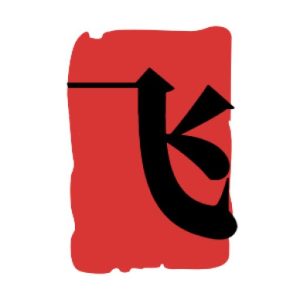曾经的英文 曾经英语used to
used to是表达过去经常的词语,其内涵是对比今昔的习惯差异。它不仅可以接动作性动词,如work、eat、stay等,还可以接非动作性动词,如like、be、have等,用以说明过去经常存在的情况或状态。
1. 肯定式
I used to enjoy pop music. 我过去喜欢流行音乐。(但现在已经没有这个喜好)
We used to have summer vacations in the mountains. 我们过去常在山区度假。(现在不再在山上度假)
He used to live in a small town. 他曾经住在一个小镇上。
People used to think that space travel was only for the brave. 人们过去认为太空旅行只是勇敢者的行为。
He used to regularly attend fitness classes. 他过去经常参加健身课。
2. 否定式
I used not to like spicy food. 我过去不喜欢辛辣的食物。(但现在可能改变了这个习惯)
She didn't use to go out so late at night. 她以前晚上不会这么晚出门。
I used to smoke, but I quit a few years ago. 我过去抽烟,但几年前就戒了。
She used not to be so quiet, but now she's more reserved. 她过去不是这么安静,但现在更内敛了。
3. 疑问式
Did you use to play the guitar? 你过去经常弹吉他吗?
Used they to come here often? 他们过去常来这里吗?
Would you like me to go there? 你希望我去那里吗?
You used to watch football every Saturday, didn't you? 你以前每个星期六都看足球赛,是吗?
4. used to与would的对比与使用
(1)互换使用:两者均可表达过去的习惯性动作,可互相替换。例如:“When we were children, we would/used to go swimming every winter.”(我们小时候每年冬天都去游泳。)
(2)used to强调今昔习惯的对比,而would则更多地强调过去的重复动作。例如:“His grandparents would take care of him when his parents were busy.”(父母忙的时候,祖父母会照顾他。)而这个句子中的would不可以替换为used to。
5. used to do、be used to 与be used to do的区别
(1)used to do 表示“过去常常做某事,但现在不再这样”。例如:“He used to be a doctor, but now he's a teacher.”(他曾经是医生,但现在他是老师。)
(2)be used to (doing)sth. 表示“习惯于做某事”。例如:“I'm used to getting up early and going for a run.”(我习惯于早起去跑步。)
(3)be used to do 表示“某物被用来做某事”。例如:“This tool can be used to measure distances.”(这个工具可以用来测量距离。)

